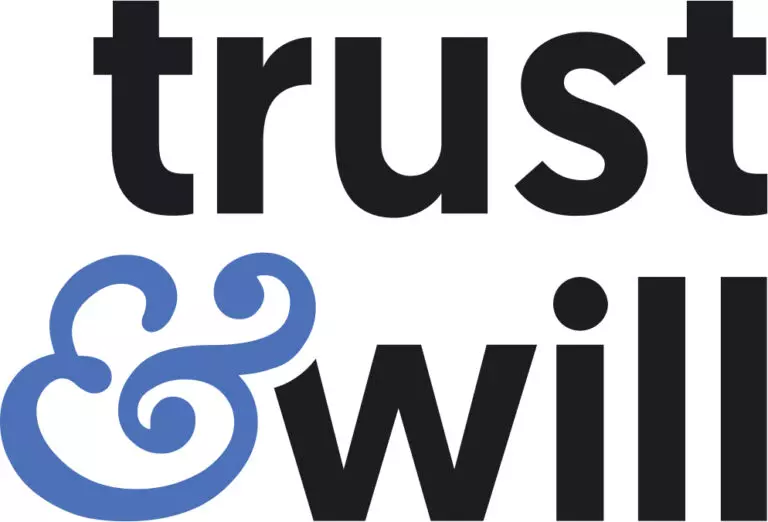What does a Family Trust mean?
The beneficiaries of a family trust are the grantor’s children, grandchildren or siblings. They may also include the spouse and other members of their family. In estate planning, family trusts can be used to make sure certain beneficiaries get assets after the death of their grantor. The trusts can either be irrevocable or revocable.
Why is a trust for family members important?
A family trust’s main function is to make sure that assets are passed from one member of the family to another.
American Bar Association American Bar Association. Accessed July 10, 2023
. Trusts, including family trusts and trusts generally are also avoided.
The probate court process
It can be costly, time-consuming and public. A family trust can help to ensure the future of your loved ones by avoiding probate.
beneficiaries
Receive their inheritances more quickly and in greater privacy.
Revocable family trusts are available.
-
A trust that is revocable allows its grantor, also known as settlor, to change the terms of the trust at any time during their lifetime. This includes adding money, modifying the assets in the trust, or changing the beneficiaries.
family trusts are similar to most Trusts in that they have three main players:
-
The settlor who created the trust by transferring assets to it.
-
The beneficiary’s trustee is the person (or persons) who administers the trust. The grantor may also serve as the trustee of a revocable trust and can appoint successor trustees in case the grantor is no longer able to fulfill trustee duties.
-
The beneficiaries who will receive assets from the trust or benefit financially.
|
|
 |
 |
Living trust or family trust?
A family trust differs from a living trust in that all beneficiaries of a trust are members of the family.
Setting up a Family Trust
While some details may vary depending on the laws of your state, there are usually three basic steps to setting up a trust for family members:
-
The trust document must include the beneficiaries of the trust, what they will receive and their names. It should also contain a list with the assets of the trust.
-
Incorporate state rules. To create a family trust, you can either hire an attorney who specializes in estate planning or make use of an online tool. You can use either an estate planning attorney or an online will maker to set up a trust.
-
The family trust is funded. Transferring assets, such as real estate and bank accounts to the family trust is done by the grantor retitling them in the name trust. These assets are transferred to the trust. Transferring assets to an irrevocable estate removes the assets under the control of the grantor in the eyes the IRS. This could lower estate taxes, although the majority estates don’t have enough value to trigger estate tax. Federal estate taxes range from 18%-40% and are generally applicable to assets above $12.06 or $12.92 millions in 2022.
There are several types of family trusts that you can choose when creating one.
-
Trust for the Spendthrift:
You can also find out more about the A-Team here.
Spendthrift Trust
The grantor can set specific conditions that limit a beneficiary’s ability to access trust assets. Spendthrift Trusts protect assets in the trust from creditors and ensure beneficiaries don’t waste their inheritance.
Cornell Law School Legal Information Institute Trust for spending. Accessed July 11, 2023.
.
-
Trust testamentaire: Testamentary trusts are trusts created in accordance with your will, and funded only upon your death. The beneficiaries can access assets only at predetermined times. The trust can provide a spouse with a monthly income, or children money once they reach a specific age.
-
Bypass Trust: A bypass will transfer the spouse’s estate share to a trust upon death. The trust assets can be used by the spouse who survives, but the beneficiaries of the trust inherit them when the spouse passes away.
How to choose between family trusts
Benefits of creating a Family Trust
A family trust can be a valuable asset in an estate planning strategy.
Don’t go through probate. Trusts are a great way to avoid probate. Your assets will transfer quickly to your beneficiaries, saving you the expense and time of probate.
You can avoid a conservatorship by choosing a co-trustee or successor trustee to manage your trust.
Privacy Since you do not use probate which is a public record, the inheritances you leave to your family via family trust remain private.
Trusts have less vulnerability to court challenges: Since they do not require probate, it is more difficult for someone to challenge a trust than a will. Also, because trusts can be private, there are fewer people who will find out about your estate.
Flexible: With a family trust, you can decide when and who receives what. You can ensure that your family members who have functional needs do not lose their government benefits due to inheritance. If your trust is irrevocable, then you have the option to add assets, remove them, or even change beneficiaries.
Tax planning vehicle:
Despite the fact that most estates are below thresholds for estate tax, certain types of trusts may help to reduce taxes. Income from trust assets over $600 may be taxed.
.
The disadvantages of having a trust for your family
There are also a couple of disadvantages that you should be aware.
-
It can be costly to hire an attorney for estate planning in order to create a trust. You may also have to pay for court costs and compensate your trustee.
-
Complexity and paperwork: Transferring assets and creating a trust can involve complex documentation and recordkeeping.
-
Tax brackets: Each trust has its own bracket, with a lower threshold than individuals. Trusts may pay higher tax on income generated by their assets.
